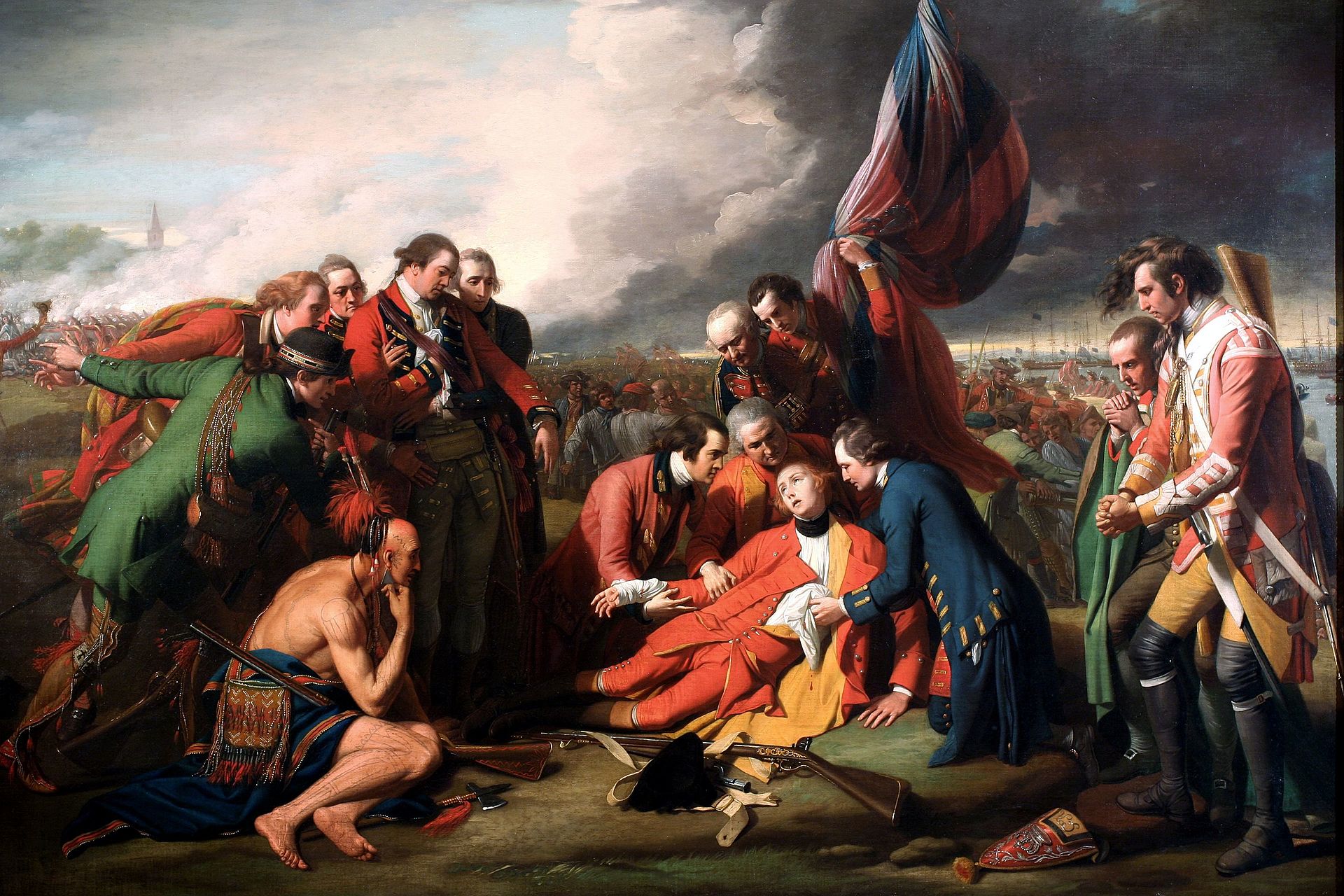
“It battle demonstrated the strength of the Free French cause, while reaffirming de Gaulle’s commitment to a liberated France.”
THE Battle of Gabon, fought in November 1940, may seem like a minor skirmish in the vast theater of World War II, but its impact on the Free French movement was profound.
This little-known clash played a crucial role in consolidating the authority of General Charles de Gaulle’s Free French Forces in Africa and weakening the influence of the Nazi-collaborating Vichy regime.
Beyond its immediate outcome, the battle demonstrated the strength of the Free French cause, while reaffirming de Gaulle’s commitment to a liberated France.
Here’s the story:

Prelude
Following the fall of France to Nazi Germany in May of 1940, Berlin installed the Vichy regime, a Nazi-aligned government that controlled much of southern France and many of the country’s overseas territories.
General Charles de Gaulle, who fled to London rather than submit to German authority, launched the Free French Forces to continue the fight.
De Gaulle aimed to rally French colonies to his cause, gradually gathering support from territories in Africa, the Middle East, and beyond. Gabon, then part of French Equatorial Africa, remained loyal to the Vichy regime however, presenting a strategic problem for the Free French.
The governor of Gabon, Georges Pierre Masson, aligned with the Vichy government, posed a direct threat to de Gaulle’s plans for a unified Free French-controlled Africa. Neighboring colonies like Chad and Cameroon had already declared allegiance to the Free French, making Gabon a holdout. To secure his position and bolster his movement, de Gaulle set his sights on Gabon, initiating a campaign to wrest control from the Vichy-aligned forces, thereby winning Free French forces a notable victory.

The Leaders
The campaign in Gabon was spearheaded by one of de Gaulle’s top commanders, Colonel Philippe Leclerc. Leclerc was charged with leading the Free French forces southward from the neighboring territories to capture Gabon.
On the opposing side, Governor Masson commanded the Vichy forces in Gabon. While his resources were limited, he enjoyed a strong defensive position and the loyalty of local troops. Masson knew the terrain well, as well, giving the Vichy forces a potential advantage in defending their territory.

Forces
The Free French contingent, led by Leclerc, comprised around 2,500 soldiers, including African colonial troops and European volunteers loyal to de Gaulle. These soldiers were armed with limited but reliable artillery, light tanks, and aircraft to aid in reconnaissance and support. The Vichy forces in Gabon numbered around 1,500 men, primarily infantry, with some local support and a small number of artillery units.
Though the forces arrayed were not large, the stakes were high. For de Gaulle, victory in Gabon was essential to prove that the Free French were a credible military force, capable of taking and holding territory. Success here would solidify the Free French presence in Africa and provide a base for future operations. It would also send a message to other Vichy-aligned colonies that the Free French cause was both viable and growing.

The Battle
The Free French campaign to capture Gabon began in late October 1940 when Leclerc’s forces, starting from Chad and Cameroon, advanced into Gabon, capturing smaller towns and strategic points as they moved southward. Their first major victory came with the capture of Mitzic, a northern town, on October 27. This set the stage for the final push toward Gabon’s capital, Libreville.
The decisive battle for Libreville began on November 8. After initial aerial reconnaissance and with naval support lying offshore, the Free French forces moved into the capital. Fighting was intense, with both sides exchanging artillery and gunfire as Leclerc’s men pushed through the city.
Recognizing that they were outnumbered and encircled, Vichy forces in the city had little choice but to surrender. By the evening of November 9, Libreville was in Free French hands, marking a crucial victory for Leclerc’s forces.
Following the fall of Libreville, Leclerc ordered a swift move on the coastal town of Port-Gentil, where some remaining Vichy forces had retreated. The surrender of Port-Gentil soon followed, officially bringing Gabon under Free French control.
Leclerc showed leniency toward captured Vichy soldiers, many of whom were reintegrated into the Free French cause. This policy was part of de Gaulle’s broader effort to reunite France’s fractured forces under a common mission to liberate the country.

Impact
The Free French victory in Gabon sent ripples across the African colonies. It solidified de Gaulle’s control over French Equatorial Africa, turning these territories into a base for the Free French. The success of the campaign also boosted morale among de Gaulle’s forces and attracted further support, both domestically and internationally, for his movement.
Politically, the victory in Gabon weakened the authority of the Vichy regime in Africa. De Gaulle’s success showed that Vichy was vulnerable and that Free French forces could—and would—stand up to their former compatriots to restore France’s honor.
This bolstered de Gaulle’s standing among the Allied powers, particularly with Britain, which recognized the importance of Free French-controlled territories in Africa as potential staging grounds for future operations against Axis forces.
For Gabon and French Equatorial Africa, the campaign marked the beginning of a shift in colonial relations. African troops had fought courageously alongside European soldiers, planting early seeds of change that would later influence independence movements across the continent, thereby laying the groundwork for the decolonization era in the 1950s and 1960s.
Although small in scale, the Battle of Gabon was a critical step in the establishment of Free French authority in Africa. For General de Gaulle, it proved that his cause was more than symbolic; it was a legitimate military force capable of reclaiming territory and challenging the Vichy regime. It also laid the foundation for future campaigns, with Colonel Leclerc continuing to play a prominent role in the Allied struggle, eventually leading Free French forces into Europe.










1 thought on “The Battle of Gabon — Inside the First Victory of the Free French Forces”